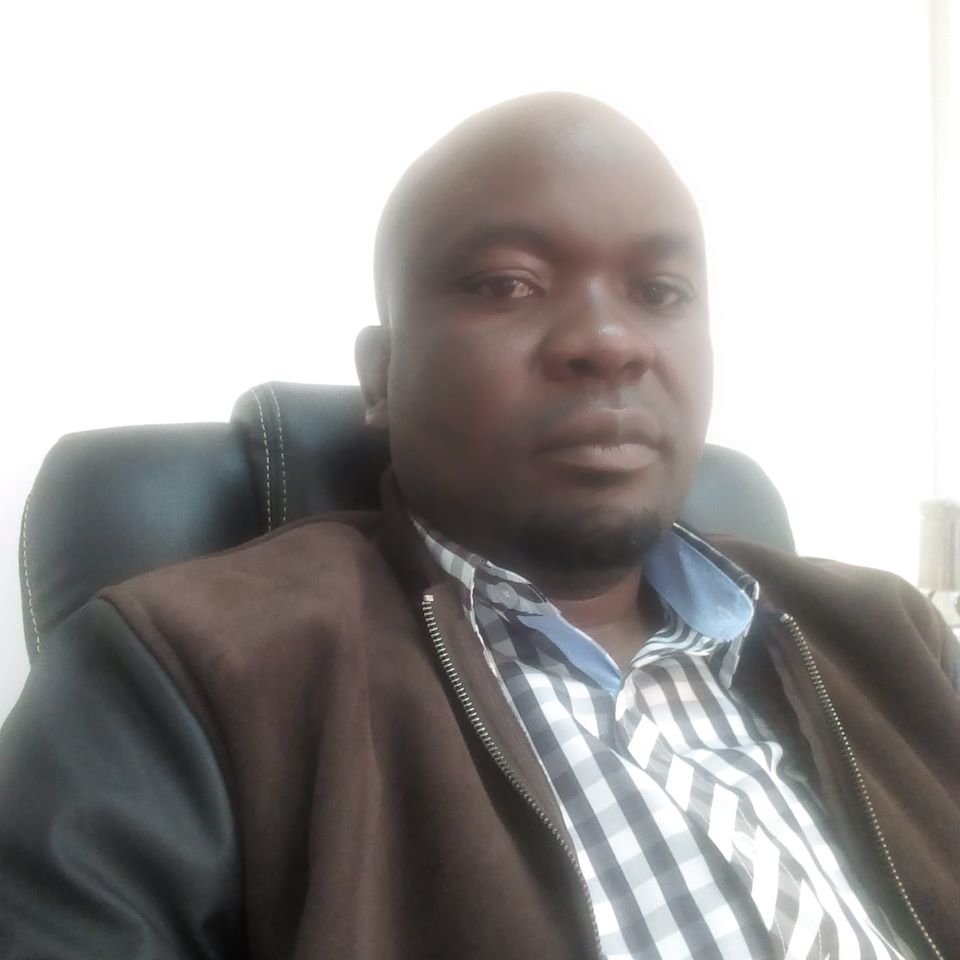
The Ministry of Education Representative
Zambia Agency for Persons with Disabilities Representative
Management and Lecturers Present
Student Union Leaders and Students from various Universities and Colleges Present
Civil Society Organisations (CSOs) Present
Members of the Press
May I simply say all Protocols observed
It is an honour and privilege to welcome you all to this meeting. Your presence is very important to ZANEC as it will go a long way in ensuring that we support the students with disabilities’ right to education in our higher learning institutions, in a coordinated manner.
For those of you who may not be aware, ZANEC is a Coalition of non-state actors working in the Education and Skills Sector. The organisation is involved in research, advocacy and member capacity building on different aspects of the Education and Skills Sector in Zambia. ZANEC members comprise of Community Based Organizations (CBOs), Faith Based Organizations (FBO’s), Non-Governmental Organizations (NGOs), Teacher Trade Unions and Student Unions. The membership of ZANEC currently stands at 89 Member Organisations spread across the country.
Ladies and Gentlemen
The objective of this meeting is to facilitate the creation of a network for learners with disabilities in universities and colleges in order to have a coordinated approach in their quest for quality and inclusive education at their institutions of higher learning.
Furthermore, the expected Outcomes are:
- To establish a network that would help coordinate discussion of advocacy issues pertaining to students with disabilities.
- Discuss how best ZANEC can support them in their advocacy work.
- A communique of recommendations which will be co-signed by major stakeholders.
It is important to mention that in Zambia, learners with disabilities face several challenges in their quest to access education. Although Zambia boasts of a number of schools that cater for the needs of learners with special needs, the passing of the 2012 Persons with Disability Act was a milestone in the Zambian government’s quest for the provision of inclusive education. However, a study conducted by the Ministry of Community Development and Social Services in 2018 on Disability and education highlights several challenges that learners with disabilities are still facing in their pursuit to access quality education, especially higher education. Further, those who are already in higher learning institutions face a number of challenges. This includes difficulties in accessing buildings such as libraries, access to materials for visually impaired students and deaf students and lack of inclusion in certain study programmes. This makes their learning far much more challenging than other students.
This state of affairs has been worsened by the COVID-19 pandemic which resulted in the systemic exclusion of students with disabilities from accessing remote learning. This came to light during the third Annual Students and Management Dialogue Forum on remote learning for Students with Disabilities during COVID-19 pandemic facilitated by ZANEC on 22nd September 2021.
Ladies and Gentlemen
Facts show that although students with disabilities try to lobby their institutional management to look into their plight by forming associations for learners with disabilities, there is no coordination in their advocacy work as they are limited to their institutional spaces. Therefore, it is important that for their voices to carry more weight, there is a need for them to have a common platform where their advocacy work can be coordinated.
Ladies and gentlemen
The disabilities Act of 2012 highlights many entitlements for persons with disabilities at higher institutions but most of these are yet to be fulfilled by most institutions of higher learning in Zambia. Hence, for Zambia to meet the SDG4 targets on eliminating discrimination in education, building and upgrading inclusive and safe schools, as well as national plans of not leaving anyone behind, it is important that there is a network of students with disabilities that is well-coordinated nationwide so that their right to education is sustained and supported.
Ladies and Gentlemen
ZANEC expresses its gratitude to the Norwegian Agency for Exchange Cooperation (NOREC) for the financial support that has made it possible to hold this meeting- as we work toward attainment of quality education for all.
With these few remarks, I wish you a fruitful meeting.
Thank you and God bless you all.
Find Us on Social Media